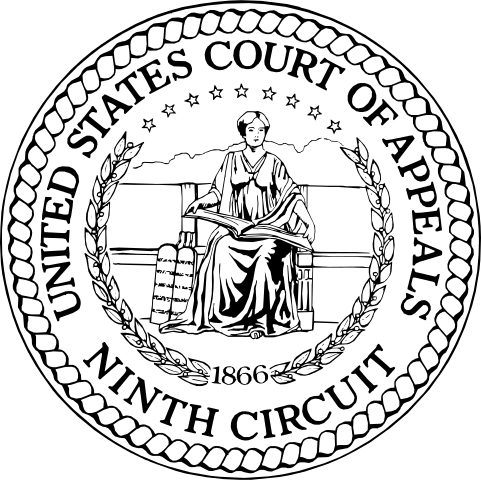The Volokh Conspiracy
Mostly law professors | Sometimes contrarian | Often libertarian | Always independent
Ninth Circuit effectively sends travel ban case back to the trial court

On Thursday night, federal district court Judge Derrick Watson refused to rule on the state of Hawaii's motion challenging the Trump administration's implementation of the Supreme Court's ruling on the lower court injunctions against the president's travel ban executive order. Hawaii (which is one of the plaintiffs in the case against the travel ban) argued (correctly in my view), that the administration was wrong to forbid entry to various close relatives of residents of the United States, and refugees who have established relationships with American refugee sponsorship organizations. Judge Watson ruled that he could not make a decision on Hawaii's motion because only the Supreme Court itself could interpret the scope of its decision.
Hawaii appealed Watson's decision to the US Court of Appeals for the Ninth Circuit. Last night, they technically ruled against Hawaii. But the practical effect of the ruling is a win for the state, because it will likely force Judge Watson to rule on the issue Hawaii raised, after all. The Ninth Circuit ruling denies Hawaii's appeal because the district court ruling neither issued a final judgment nor established, modified, or dissolved an injunction. It also did not refuse to do any of the above. Rather, Judge Watson merely denied Hawaii's motion to "clarify" the scope of the Supreme Court ruling. As a result, the appellate court concluded that it lacked jurisdiction over the issue.
But the Ninth Circuit also emphasized that "although the district court may not have the authority to clarify an order of the Supreme Court, it does have the authority to interpret and enforce it." This implicitly overrules Judge Watson's conclusion that only the Supreme Court can interpret its order on the injunctions.
In sum, the Ninth Circuit ruling effectively enables Hawaii to go back to the district court and get a ruling from Judge Watson on the issues it raises. When it does so, Hawaii will have to style its motion as a request for injunctive relief, rather than a "clarification" of the Supreme Court's order. Presumably, Hawaii must ask for an injunction preventing the administration from excluding those relatives and refugees protected by the Supreme Court's order.
But Judge Watson will then have to consider Hawaii's arguments that the administration is disobeying the Supreme Court ruling, and will no longer be able to claim that only the Supreme Court justices themselves can interpret that decision. While technically a defeat for Hawaii, the Ninth Circuit ruling is a victory for the state in practical terms. I expect that Hawaii will soon file a new motion in district court, and Judge Watson will have to rule on it.
UPDATE: Hawaii has in fact recently filed a new motion in the district court, along the lines described above.
UPDATE #2: Immigration law scholar Peter Margulies has posted an analysis of the Ninth Circuit decision here. I wrote the above post before seeing Margulies' piece. But both of us reach essentially the same conclusion. As Margulies puts it, "[t]he ball is back in Judge Watson's court." This time, I think it will be hard for him to punt it again.


Show Comments (1)